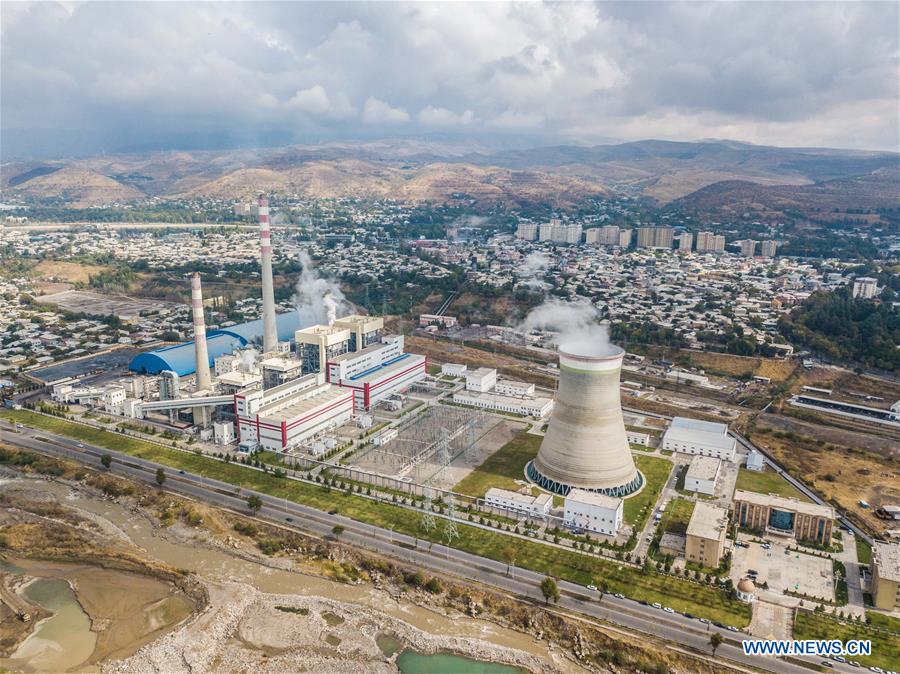BRI in line with Tajikistan's development: President
 0 Comment(s)
0 Comment(s) Print
Print E-mail China Plus, April 22, 2019
E-mail China Plus, April 22, 2019

Tajik President Emomali Rahmon has voiced support for the China-proposed Belt and Road Initiative, saying it is of far-reaching historical significance.
The Belt and Road initiative is aimed at building a trade and infrastructure network connecting Asia with Europe, Africa and beyond based on the ancient trade routes.
Tajikistan was the first country in the world to sign a memorandum with China on building the Silk Road Economic Belt, when it came into existence.
Tajik President Emomali Rahmon says his country is actively promoting the synergy between its national development strategy that centers around industrial development and the China-led initiative.
"We support the Belt and Road Initiative because it conforms to the interests of Central Asian countries and is recognized by Central Asian countries and also because the initiative aims to rejuvenate the ancient silk routes. Although it is a new initiative, it is of far-reaching historical significance as it is good to rebuild ancient mechanisms of exchanges," Rahmon said.
Central Asian countries are situated in the center of Eurasia and have great potential for transit transportation. The Belt and Road Initiative has helped maximize the potential.
Belt and Road projects in Tajikistan range from roads and railways to pipelines and power plants, helping the Central Asian country break traffic bottlenecks.
President Rahmon says the Belt and Road Initiative provides fresh incentive to the landlocked Central Asian countries.
"Central Asian countries are inland nations without outlets to the sea. The Belt and Road Initiative proposed by President Xi Jinping aims to build infrastructure including railways and roads. It can help connect Central Asian countries and regions with other countries and international ports. That's to say the initiative offers a good opportunity for us to break traffic bottlenecks," Rahmon noted.
Chinese companies have invested in many large industrial enterprises or projects in Tajikistan, including Zhongtai New Silk Road Textile Industry Co., Ltd., the largest exporter in Tajikistan in terms of foreign currency earnings, and the Dushanbe-2 thermal power station, which solved the country's long-existing problem of power shortages in winter.
Supported by the Tajik government, many roads in the country have been built by Chinese enterprises or with loans provided by the Chinese government, boosting connectivity among the country's highways in the north and south.
The Tajik president says the initiative plays a constructive role in promoting regional and world development.
Under the BRI framework, countries enhance cooperation and achieve win-win results.
"The Belt and Road Initiative is very constructive. I hope with this new mechanism, we can enhance communication in this region and with the world, promote mutually beneficial cooperation, enhance mutual trust, deepen partnership, promote mutual development and strengthen cooperation in trade among countries," the president added.
A total of 126 countries and 29 international organizations have signed Belt and Road cooperation agreements with China.






Go to Forum >>0 Comment(s)